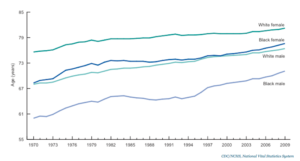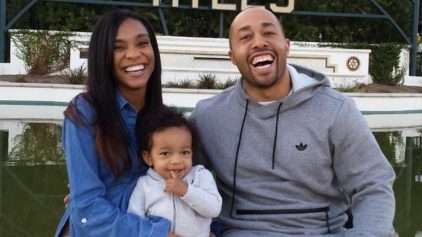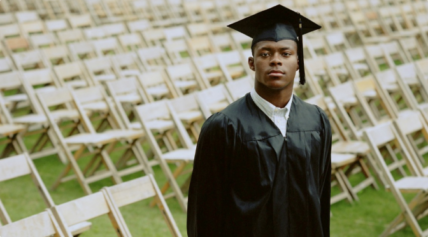Two of the oldest people alive, Jeralean Talley and Susannah Mushatt Jones, are both 115-year-old Black women who have lived through the historical events that shaped the world we live in today.
But it’s the negative impact that racism has on the life expectancy of Black people that makes their stories truly unbelievable.
Most people know nothing of the 1800s outside of what they read in history books, stumbled up on Google or have heard from ancestors who passed down stories of their own experiences during this time. For two Black women, however, the 1800s isn’t something they learned about, it’s a part of their childhood memories.
More than a century’s worth of experiences have given these two women memories of World War I and II, the Harlem Renaissance, the Civil Rights Movement and so much more.
They witnessed some of the best years of Black musicians, artists and intellectuals while also pushing through some of history’s most oppressive years for Black people. Over 100 years later they have simple messages of love for others and oneself.
Talley, who grew up in the Deep South but currently lives in Michigan, said the best way to assure a long life is to live by the age-old Golden Rule: “Do unto others as you would have them do unto you.”
“That’s my way of living,” she told a Michigan news affiliate back in 2013.
It’s no surprise to hear Talley expressing messages of love as the secret to a long life. She was married to her husband for more than 50 years before he passed away.
Now, she is spending her spare time taking fishing trips with her great-great-grandkids.
Meanwhile, Jones expressed that showing love for oneself is also an important thing to keep in mind as one ages.
Jones, who lives in New York, explained that even at the age of 115 she loves treating herself to nice things—especially some lovely, lacy lingerie.
Jones says women “can never get too old to wear fancy stuff,” TIME reported.
Outside of some vision loss caused by glaucoma, the lingerie-loving lady doesn’t have any major health battles although she is being medicated for high blood pressure.
While these women were not the oldest of the group of the world’s five oldest ladies, which included 116-year-old Misao Okawa of Japan, 116-year-old Gertrude Weaver of Arkansas and 115-year-old Emma Morano-Martinuzzi of Italy, there is something particularly spectacular about these women living for more than 100 years.
Today’s life expectancy is roughly 78 years in the U.S., according to a report by the Centers for Disease Control and Prevention’s National Center for Health Statistics, proving that living to see more than 100 years is an incredible milestone. But that milestone is even greater for people in the Black community.
In addition to the variety of ailments and medical conditions that affect Black people at a disproportionate rate, racism alone can shave years off the life expectancy for Black people in America.
The 2009 life expectancy gap of roughly four years between Black and white people was considered an all-time low, Business Insider reported. In previous years the gap had usually doubled that amount.
Studies have long exposed the detrimental impacts that racism has on the Black community.
Experiencing racial discrimination drastically increases stress levels for Black people and significantly cuts down on how many hours of sleep they get.

Seeking medical attention is considered a last resort for many Black people who have witnessed first-hand the types of discrimination and racial disparities that exist for Black people in health care.
The educational achievement gap leaves many Black youth on a disadvantaged path that too often ends in unemployment and an overall lower quality of life.
Police brutality and the racially charged perception of all Black people as threatening and worthy of being lynched, hosed or gunned down has cut many Black lives short before they were even of legal drinking age.
But somehow, these powerful ladies lived through all of the above—while still managing to keep their spirits high.


